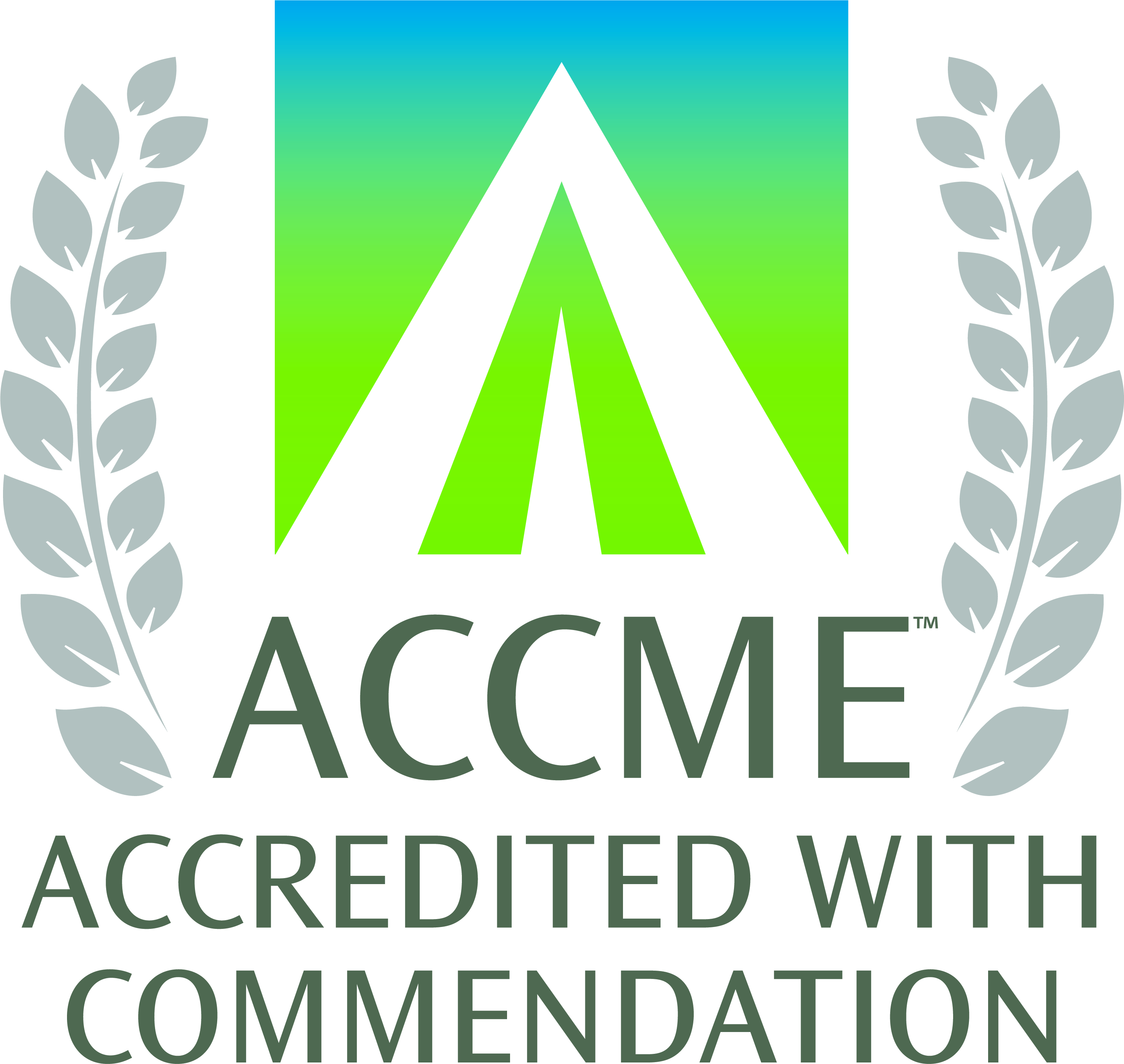 |
About Us
The UC Irvine School of Medicine's Office of Continuing Medical Education (CME) provides educational activities spanning the spectrum of clinical medicine, medical research and medical education.
Activities may be organized around specific medical specialties or subspecialties, disease processes or public health topics, research findings or research methodologies, changes in healthcare delivery systems, and in theories, techniques and technologies that improve medical education.
CME faculty members are drawn from UC Irvine as well as from the Orange County and regional community at large with the goal of maximizing the effectiveness of the clinical education experience and improving the quality of healthcare delivered by the participants of our programs.
Purpose
The purpose of the CME office is to provide educational activities to physicians and other healthcare professionals that:
- Reinforce basic medical knowledge
- Impart updated information on clinical practice, healthcare delivery and patient safety
- Introduce new ideas, skills and technology
- Disseminate pertinent research findings
We also facilitate liaisons between community physicians and UC Irvine Health through notifications about our CME activities and by providing on-site speakers to non-affiliated hospitals and medical facilities. In addition, our faculty members serve as sources of expertise regarding the theory, techniques and technology of continuing medical education through consultation services with other educators of physicians.
Cultural and linguistic competency
The CME office is in compliance with California Assembly Bill 1195, which requires that CME activities have patient care components that include curriculum in the cultural and linguistic competencies. Cultural competency is defined as a set of integrated attitudes, knowledge and skills that enable healthcare professionals or organizations to care effectively for patients from diverse cultures, groups, and communities. Learn more about cultural and linguistic competencies ›
Linguistic competency is defined as the ability of a physician or surgeon to provide patients who do not speak English or who have limited ability to speak English, with direct communication in the patient’s primary language. Cultural and linguistic competencies are incorporated into the planning of all UC Irvine CME activities.
CME content areas
The CME office provides educational activities spanning the spectrum of clinical medicine, medical research and medical education. Activities may be organized around specific medical specialties or subspecialties, disease processes or public health topics, research findings or research methodologies, changes in the healthcare delivery system, and/or theories, techniques and technologies that improve medical education.
The faculty of these educational activities are drawn the universityas well as from the community at large to maximize the effectiveness of the experience.
Target audience
Depending on the nature of the individual educational activity, the target audience consists of university faculty, physicians practicing in local affiliated and non-affiliated hospitals, and medical centers and members of the state, national and international medical communities.
Certain programs are targeted to other healthcare professionals. In recognition of the continuum of medical education, medical students and residents are welcome at most educational activities.
Types of activities
Various types of educational activities are provided by the CME office. They include:
- Live activities consisting of single and multiple-day conferences, seminars, symposia, review courses and updates
- Grand rounds in multiple clinical disciplines and at several locations
- Small group and/or individualized clinical training in certain subspecialties
Teaching techniques and tools for live activities include didactic lectures, case presentations, panel discussions, demonstrations, workshops, simulation-based activities, small-group discussions and hands-on laboratory activities.
To foster interactions between the educators and the participants, question-and-answer sessions are an integral part of these live activities. Enduring materials also are used by the CME office. These routinely include questions to be answered by participants in order to verify understanding of the material presented.
Expected results
A specific continuing medical education activity is considered a success if evaluations and/or survey responses by participants state that the activity rmet their needs, was relevant to their practice and increased their knowledge and competence or improved their performance in delivering patient care.
The CME program as a whole will be considered a success if evaluation reports and outcomes summaries are positive, there is expansion of the educational content areas of its activities and there is growth in activity attendance. The CME office monitors these evaluations and surveys, providing results annually as it continues to work toward increasing physician knowledge and competence and improving patient care.
